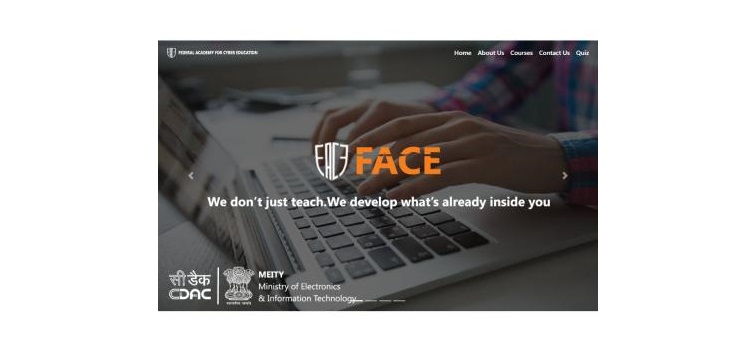When a college in India, the Federal Academy for Cyber Education (FACE), started a major restructuring of their program, an important part of their strategy was to become a partner of Linux Professional Institute (LPI). I talked to founder and CEO Rajeev Therodath about why they are working closely with LPI, and what benefits they hope to see.
FACE started five years ago in Kochi (formerly known as Cochin) in the state of Kerala. The college now serves more than 800 students and professionals.
The prevalence of GNU/Linux in data centers—along with many kinds of free software, such as databases and proxy servers—requires a cybersecurity expert to understand open source. Many valuable tools for cybersecurity (as well as tools that can be used for attack) are also open source. Therefore, open source is a big part of FACE's training program. (It also offers other kinds of technical training, especially data science.)
Many graduates of FACE look for jobs outside India. Therefore, Therodath recognized the need for a globally recognized certification and saw that LPI was the most popular certification in open source. By becoming an LPI partner, Therodath hopes to benefit from LPI's learning materials and to get some promotion through social media.
The partnership is a mutually beneficial relationship. Therodath is persuading Indian tech firms to see the importance of tech certification in general, and LPI certs in particular.
For a while, FACE worked on creating their own certification program. Many other firms in India do so. But Therodath has given up their program to work with LPI and encourages other firms to do so too.
FACE is undergoing structural changes and bringing in new staff. Their web page is minimal at the moment as they regroup. I intend to return to FACE over the coming months and report on their open source venture.
Source: lpi.org




0 comments:
Post a Comment